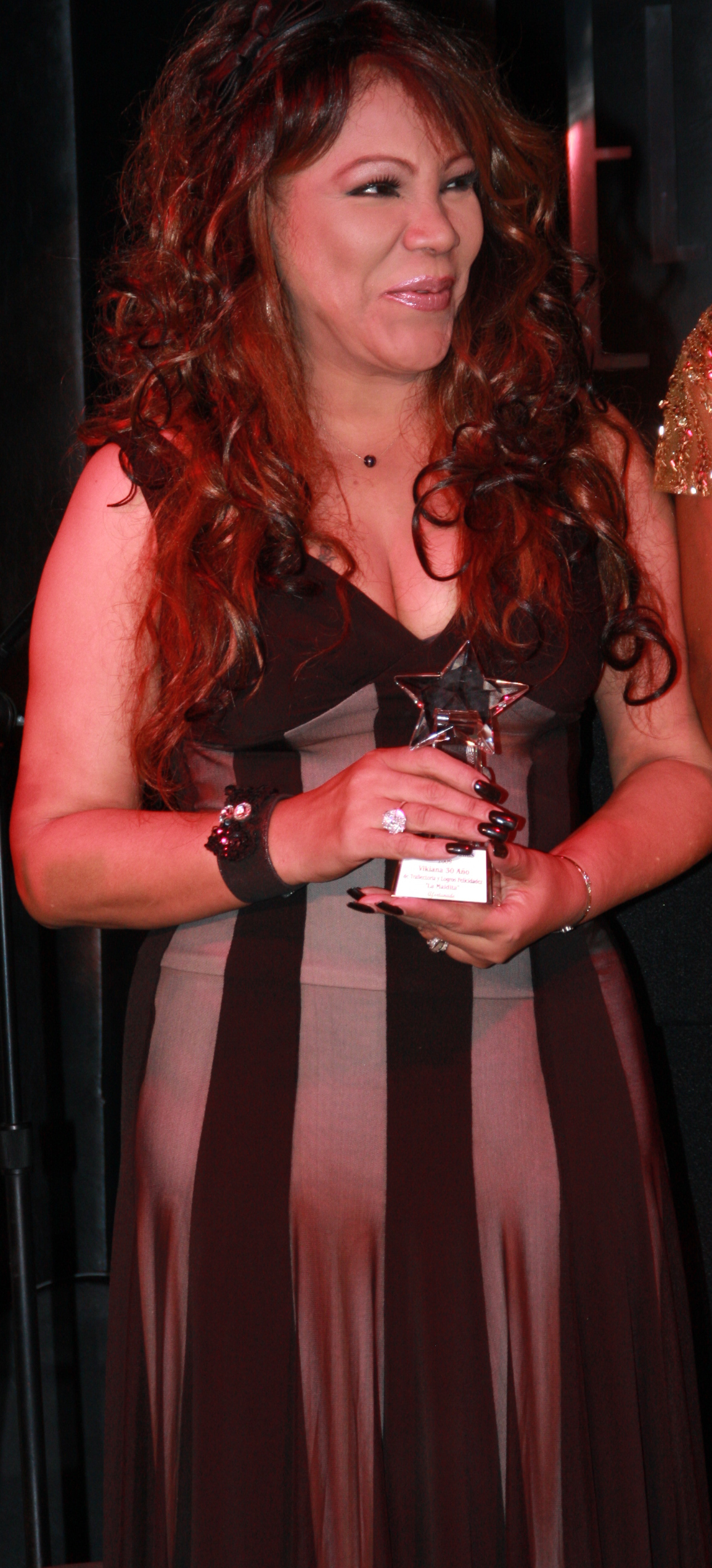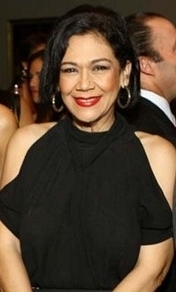Dominican Republic In The OTI Festival on:
[Wikipedia]
[Google]
[Amazon]
The


Dominican Republic
The Dominican Republic ( ; es, República Dominicana, ) is a country located on the island of Hispaniola in the Greater Antilles archipelago of the Caribbean region. It occupies the eastern five-eighths of the island, which it shares with ...
with its OTI member station Telesistema 11, was one of the founding countries of the OTI Festival
OTI Festival ( es, Festival OTI de la Canción, pt, Festival OTI da Canção), often known simply as La OTI, was an international song competition, organised annually between 1972 and 2000 by the Organización de Televisión Iberoamericana (OTI) ...
and participated in the very first edition of the show in Madrid
Madrid ( , ) is the capital and most populous city of Spain. The city has almost 3.4 million inhabitants and a Madrid metropolitan area, metropolitan area population of approximately 6.7 million. It is the Largest cities of the Europ ...
in 1972. Since then, the country participated almost uninterruptedly in the event. The Caribbean country only withdrew from the event in 1976, but one year later, the broadcaster rejoined the show and participated till the last edition in 2000 in Acapulco.
History
The Dominican Republic never managed to get a victory in the OTI Festival, but had a successful participation during the most of its history and ended several times in the top 10 places of the classification. Fernando Casado was the very first Dominican representative in the contest and placed seventh with his song "Siempre habrá en la luna una sonrisa" (There will always be a smile on the moon) which was written by the well knownSpanish
Spanish might refer to:
* Items from or related to Spain:
**Spaniards are a nation and ethnic group indigenous to Spain
**Spanish language, spoken in Spain and many Latin American countries
**Spanish cuisine
Other places
* Spanish, Ontario, Can ...
composer Augusto Algueró.
One year later in Belo Horizonte, the Dominican Republic recorded one of its greatest successes in the contest with Niní Cáffaro and his song "El juicio final" (The final judgement), which placed third with 9 points.
In Madrid
Madrid ( , ) is the capital and most populous city of Spain. The city has almost 3.4 million inhabitants and a Madrid metropolitan area, metropolitan area population of approximately 6.7 million. It is the Largest cities of the Europ ...
in 1977, Fernando Casado was selected again by Telesistema 11 to represent the Dominican Republic in the contest with the song "Al nacer cada enero" (To be born every January) which placed second and became a hit in the island.
After some other successful participations, Telesistema 11 selected the singer Taty Salas with her ballad "Olvidar, Olvidar" (To forget...to forget) which achieved second place again. Salas was selected again by the Dominican broadcaster in 1988, and although she didn't repeat the success of her previous entry, she placed third with the song "De tu boca" (From your mouth).
In 1989, Telesistema 11, determined to record a Dominican victory once for all, contacted the prominent singer Juan Luis Guerra
Juan Luis Guerra Seijas (born June 7, 1957) is a Dominican musician, singer, composer, and record producer. He has sold 30 million records worldwide, making him one of the best-selling Latin music artists. Throughout his career, he has wo ...
, who composed the power ballad
A sentimental ballad is an emotional style of music that often deals with romance (love), romantic and intimate relationships, and to a lesser extent, loneliness, death, war, drug abuse, politics and religion, usually in a poignant but solemn m ...
"Te ofrezco" (I offer you) which was sung by Maridalia Hernández
Maridalia Hernández (born August 19, 1959) is a Dominican singer.
Early life and education
Maridalia Hernández was born in Santiago de los Caballeros, Dominican Republic, in 1959. She was fully trained as a lyrical singer, pianist, cellist an ...
. Although the song placed third and didn't win, this entry was widely acclaimed both by the jury and by the audience to the point that today, it's considered to be one of the best entries in the history of the OTI Festival
OTI Festival ( es, Festival OTI de la Canción, pt, Festival OTI da Canção), often known simply as La OTI, was an international song competition, organised annually between 1972 and 2000 by the Organización de Televisión Iberoamericana (OTI) ...
.
The following Dominican entries were not as successful as before but the country managed to place respectably in the last years of the contest.
Contestants


References